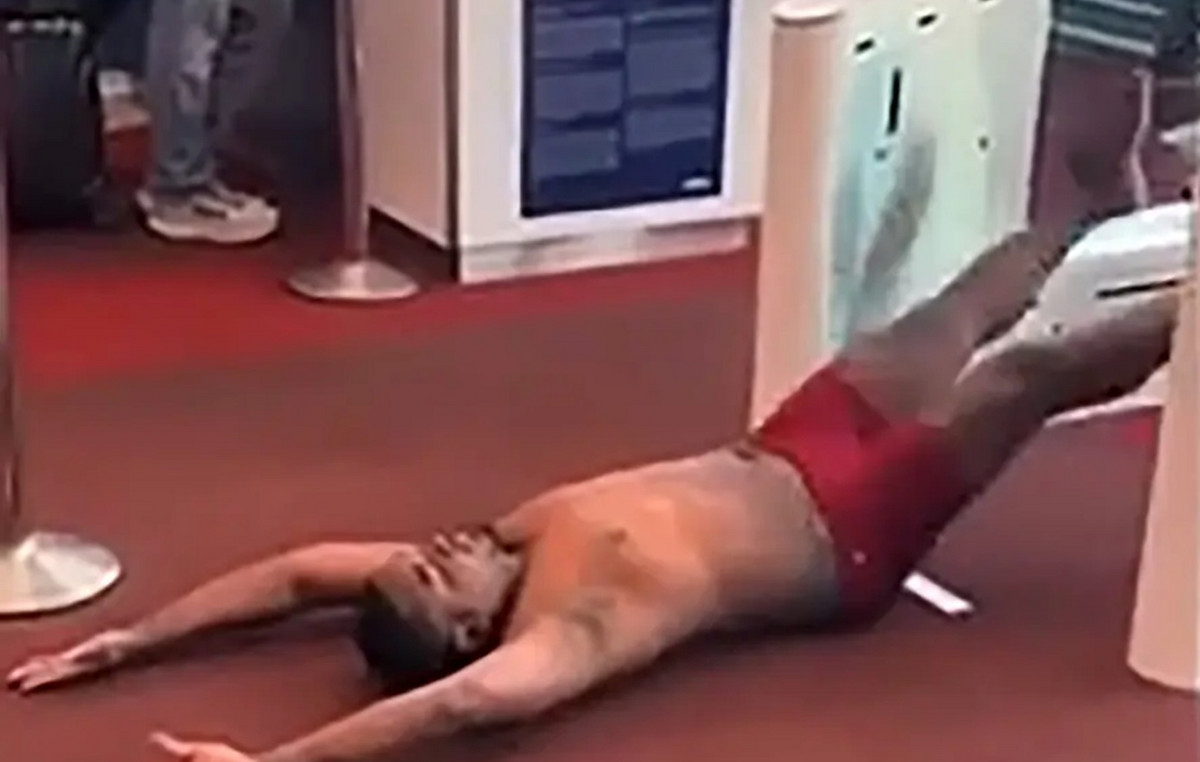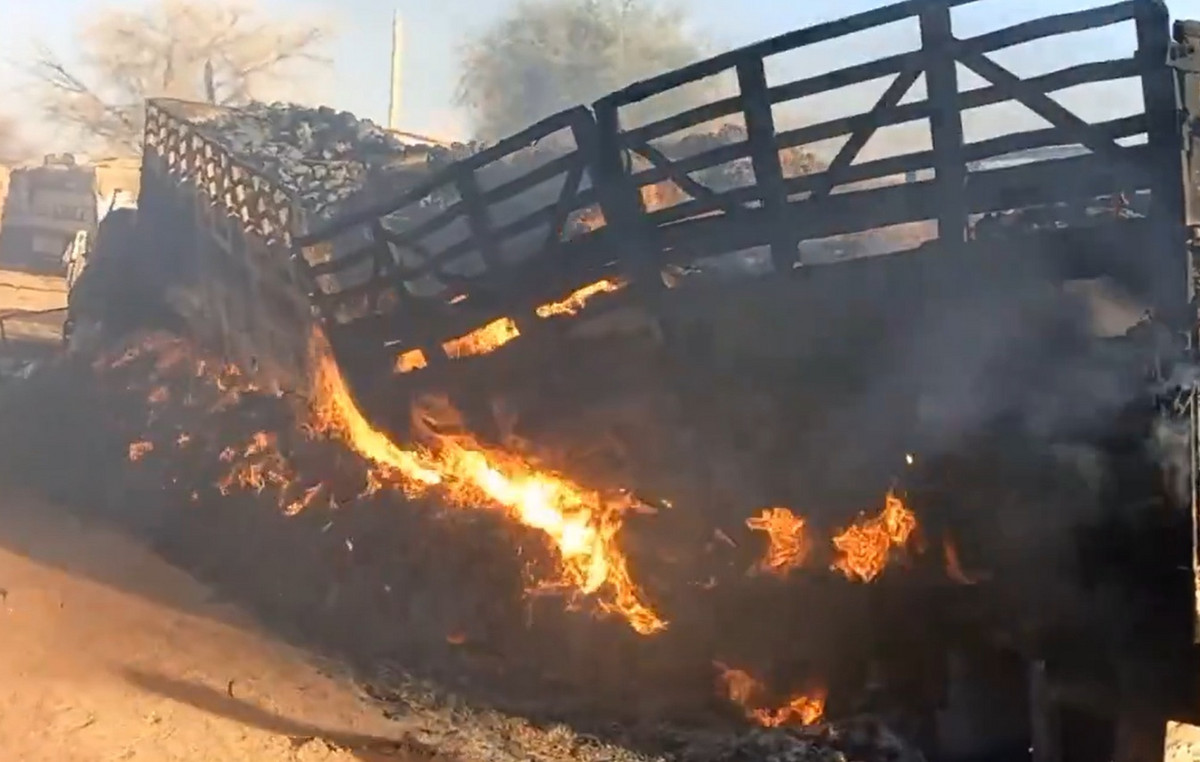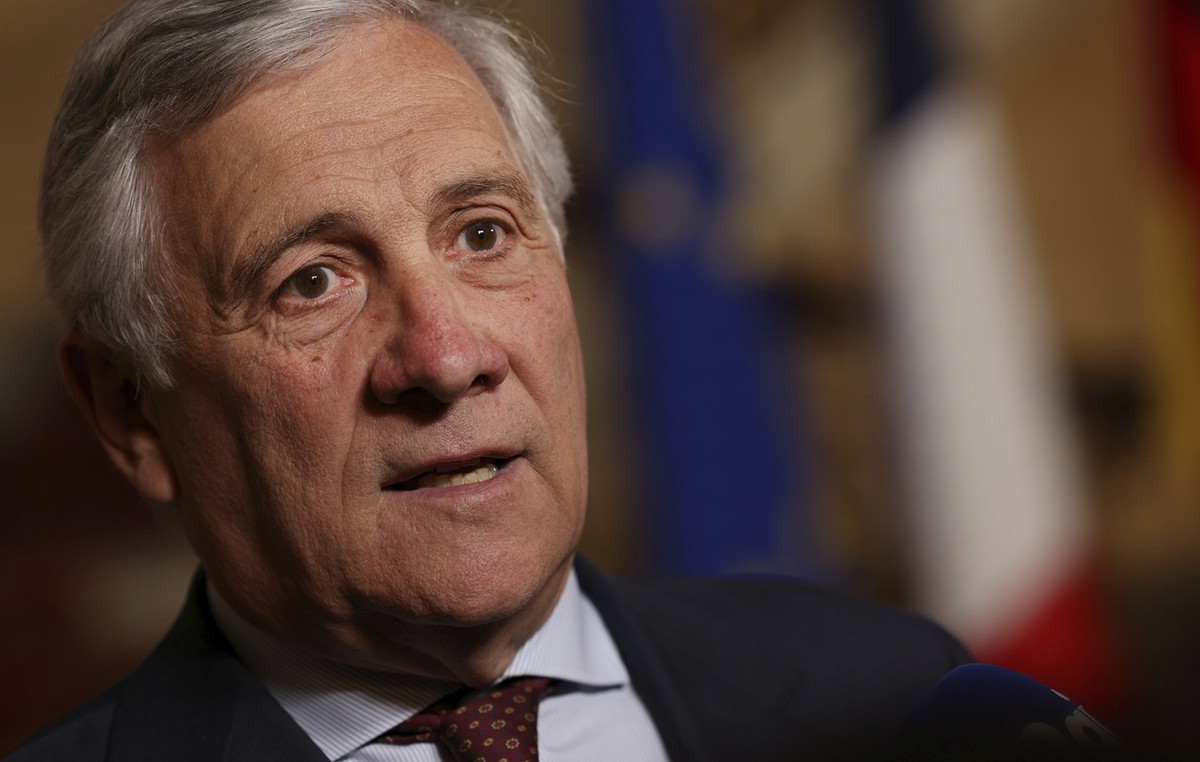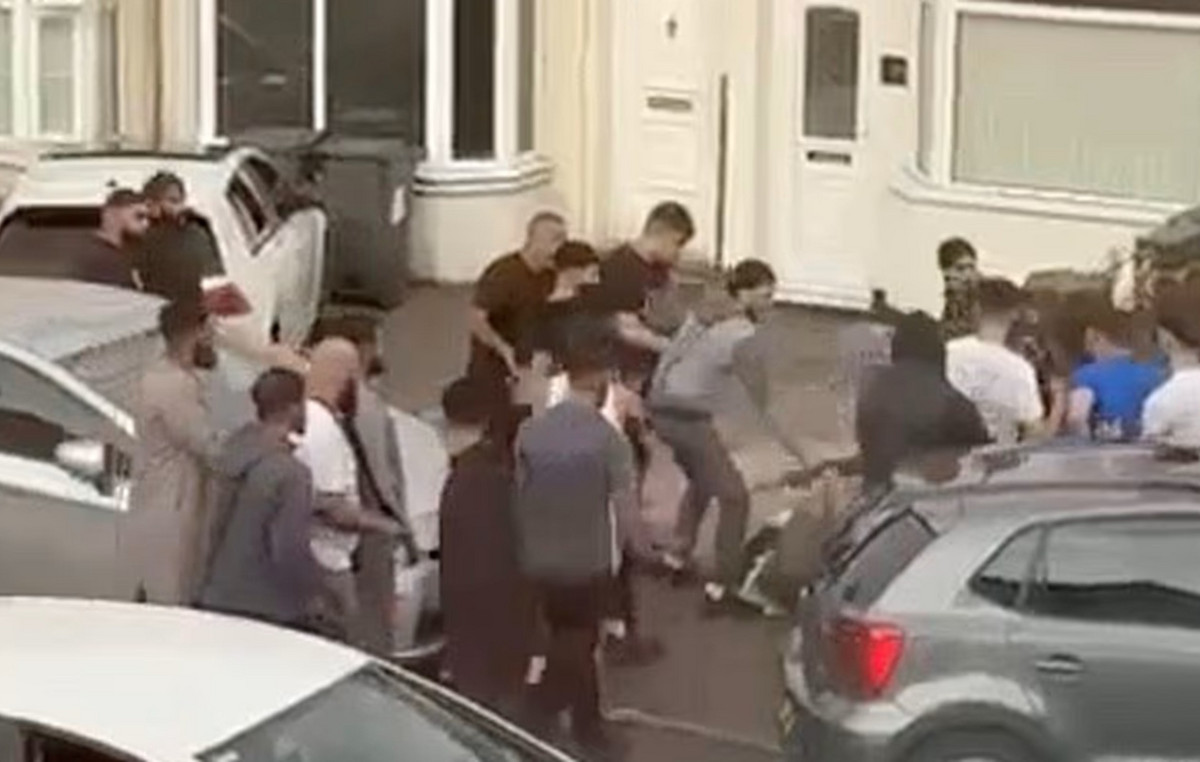We always start from a reference to the years of Cold War when it comes to Vladimir Putin. Historians always come back there as well as geopolitics experts. The Russian president was, in the year of the fall of the Berlin Wall, head of the KGB station, the Russian secret services, in Dresden. That November 9, 1989 he asked for an armed intervention because the consulate was surrounded. He got nothing and considers that non-intervention and those that came after Moscow’s capital mistake. He was not supposed to leave Eastern Europe.
The good order of the world is for Putin what it was then. That chaos, obviously a vision of him, that comes later cannot work and the power must intervene. Especially Russian power because after the Berlin Wall the Soviet Union collapsed and the republics gained independence. Ukraine, but not only. For Putin, that collapse made “the Russians the largest ethnic group in the world to be divided by state borders.” It is no coincidence that his attack started with the recognition of Russian-speaking regionsa certain pretext, but the pretext on which the president bases a whole policy.
President Putin started from history, however, telling a truth that is not the historical one, starting from the affirmation that Ukraine is not a real nation. “First there was Kiev and then Russia arrived and then Russia took Kiev and gradually territories that interested it,” he explains Cesare La Mantia Associate Professor of Eastern European History at the University of Trieste. The histories of Ukraine and Russia are linked, but autonomous: the languages are different and attempts to merge the two populations and to assimilate Ukrainians to Russia have always been difficult.
Once this premise has been removed, there is another one to face. There is a fundamental historical memory to remember according to the professor. “At the end of the Second World War, Russia solved the age-old problem of encirclement that it had been carrying with it since the days of the Mongols. With the assent of the USA, the then Soviet Union had secure borders with a huge part of Europe under its influence. The problem of the encirclement had been moved by thousands of kilometers ».
Telling these historical assumptions and bringing them back up to date almost seems to find Putin in a world that has been separated by thirty years. The Russian writer Viktor Erofeevquoted from Corriere della Serahe says that «in Vladimir Putin’s mind there was clearly one parallel realityincomprehensible to Ukraine, America and Europe ”.
Putin looks for two enemy and orderly blocks, the ones in which he grew up. Ukraine must be “denazified” and brought back to the right bloc. The question is whether in Putin’s mind there are also other states to take back, states that are in the EU and in NATO. The fear of encirclement is real and at the same time instrumental for the foreign policy of a great power that Russia wants to carry out. “The Soviet ideology has been replaced by a vision that becomes the liberator, the state that defends the peoples of the world from US unipolarity,” says La Mantia.
What Putin has been doing has been in the documents for years. But why an attack now? One can look for a psychological explanation linked to the years of the lockdown and the Russian isolation that predates the Covid. Those who have seen and followed him closely tell of a Putin who has a mission to fulfill and a court that must obey him.
Always the Corriere della Sera quotes the political scientist Tatjana Stanowaja: “The turning point is at the beginning of 2020 when Putin amends the Constitution and becomes de facto president for life: he can twist the rules at will and this changes his psychology and the way he relates to his internal and external opponents, makes him feel omnipotent ».
He is Russia, an isolated fortress that must fight the danger that is NATO. However, it is difficult to deal with a position like this for those who do not think in this way and neither the US nor the EU do. P.utin seems distant from the reality of others and with a vision that does not include alternatives as shown by the images of the meeting with the Russian senior leaders. Remember the Guardian that the Putin who met the European leaders that year ago (his friend Berlusconi, but also Macron in Paris), is not the one of the confrontation at the table with meters of distance with the French president.
Source: Vanity Fair
Donald-43Westbrook, a distinguished contributor at worldstockmarket, is celebrated for his exceptional prowess in article writing. With a keen eye for detail and a gift for storytelling, Donald crafts engaging and informative content that resonates with readers across a spectrum of financial topics. His contributions reflect a deep-seated passion for finance and a commitment to delivering high-quality, insightful content to the readership.







